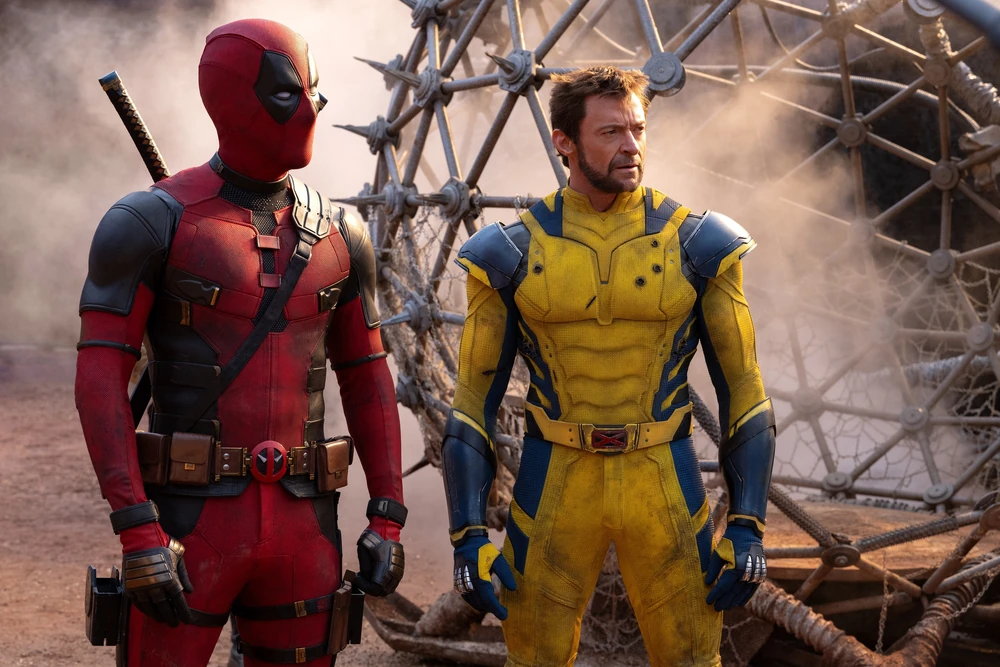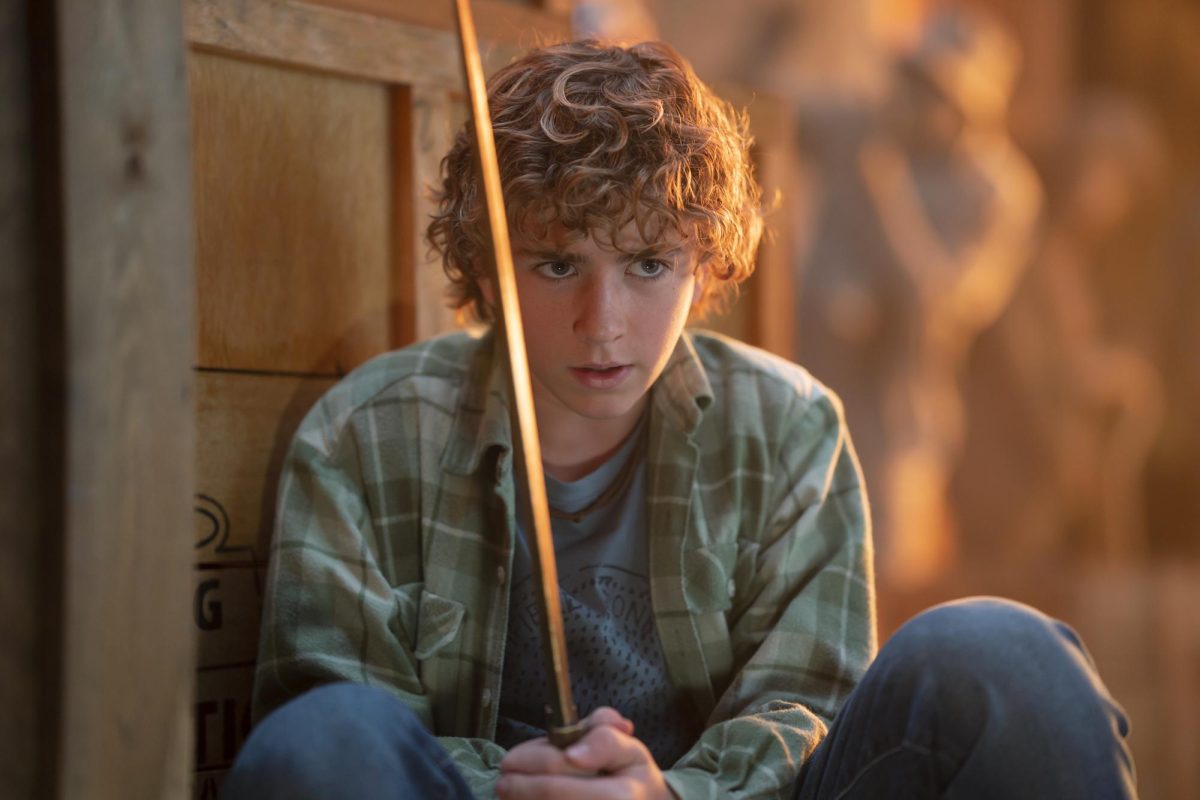“Steve Jobs” is the second film written by screenwriter Aaron Sorkin about a tech giant. His first endeavor, “The Social Network,” was never a film I could root for. The stylistic tension between Sorkin’s sparkling dialogue and David Fincher’s stoic direction was interesting, but what always bothered me was the unwaveringly unpleasant portrait of Facebook CEO Mark Zuckerburg.
In “Steve Jobs,” Sorkin treats the title character with much more respect and still manages to show his many complexities. In some ways, this is accomplished with the help of director Danny Boyle’s manic energy.
The film follows a strict three-act framework, centered backstage at three of Jobs’ iconic product launches.
The first act, marked with the 1984 launch of the Apple Macintosh, focuses heavily on Jobs’ (Michael Fassbender) relationship with his ex-girlfriend, Chrisann Brennan (Katherine Waterston) and her claim that he is the father of her daughter, the five-year-old Lisa (Makenzie Moss).
This family situation eats away at Jobs in this stage of his life. He desperately tries to achieve his spectacular dream of personal computing for the masses while Joanna Hoffman (Kate Winslet), Jobs’ chief marketing executive, tries to be the intermediary between his private and public lives. However, she is stunned that the only thing that impresses Jobs about his daughter is how quickly she learns to use the Macintosh.
The second act brings his business relationships into greater focus. After being fired from Apple, he moves to launch the first computer of NeXt, his new company. The computer is a slick black box which features “end-to-end control.” This was a brand-development concept that would work wonders for Apple years later, but was heavily criticized in 1988. He is visited by then-CEO of Apple, John Sculley (Jeff Daniels), who ropes him into a heated debate about the merits of his dismissal from the company.
All three acts, culminating in the release of the iMac in 1998, feature Seth Rogen as Apple co-founder Steve Wozniak. He tirelessly pleads with his old friend to publicly acknowledge the team behind the Apple II—the company’s most successful product up to that point. Finally, when Wozniak sees Jobs’ inflated ego for what it is, the audience is shown a heartbreaking moment pulled off with surprising resonance from Rogen.
Michael Fassbender, despite not looking much like his subject, is perfect as Jobs. His candor, mannerisms, and even style of speech give an impression of Jobs without becoming a caricature. This monumental performance is almost equaled by that of Perla Haney-Jardine, who plays Lisa at age 19. She goes toe-to-toe with her father in a crucial scene towards the end of the film and Haney-Jardine more than holds her own against the experienced Fassbender.
Boyle’s rapid pacing during argumentative scenes, such as the one between Jobs and Sculley, perfectly accentuates Sorkin’s terrific dialogue without allowing the audience to lose the forest for the trees. Each line builds to the next and it is beautiful to see such harmony between this movie’s writing and directing.
One of the fascinating things about the real-life Jobs was his stubbornness. This character trait is what makes this movie so engaging. The plot’s rigid structure allows for a narrow, more personal focus, but I did miss seeing the key elements of Jobs’ professional life: his partnership with Pixar, the release of the iPod, iPhone, and numerous other revolutionary products brought to market after the year 2000. However, the story on screen is so interesting and well-told that it’s hard to think that the audience misses out on much—at least not from the specific period the film focuses on.
In its quieter moments, the film also takes on a reflective tone. It made me wrestle with the things Jobs wrestled with: how to push for excellence without alienating others, how to balance ideology with real life, and how to treat those whom you see as lesser than you. The movie daringly asks if we, as people, are doing well in these areas of life while using Jobs as a template for contemplation.
This film is not doing very well at the box office, probably because audiences are tired of hearing about Steve Jobs after a slew of documentaries and the mediocre film “Jobs,” starring Ashton Kutcher. But I think it’s worth watching and supporting. It’s a different kind of movie about Jobs and one that will surely inspire a lot of conversation.
“Steve Jobs” = 5/5
“Steve Jobs” is now playing in theaters nationwide.
(Rated R for language)








